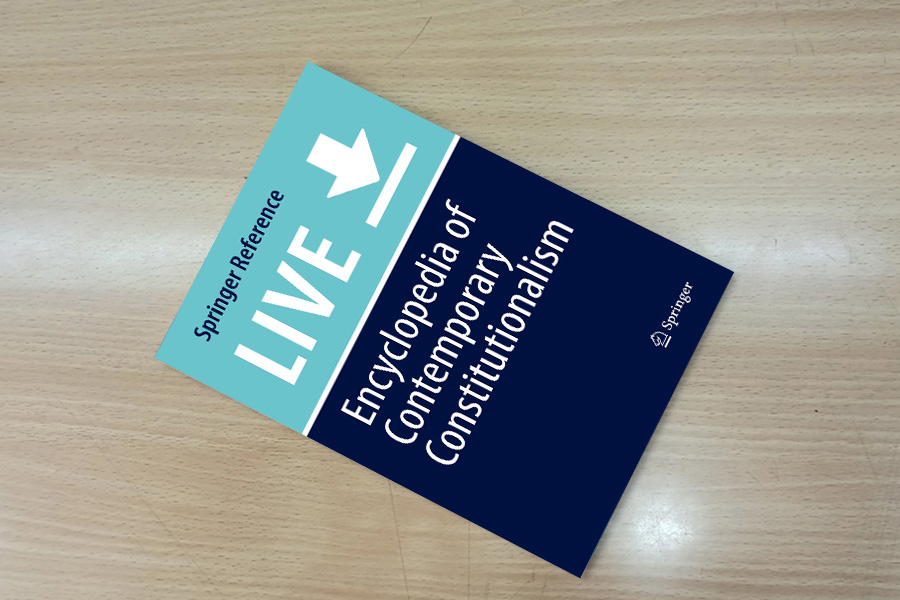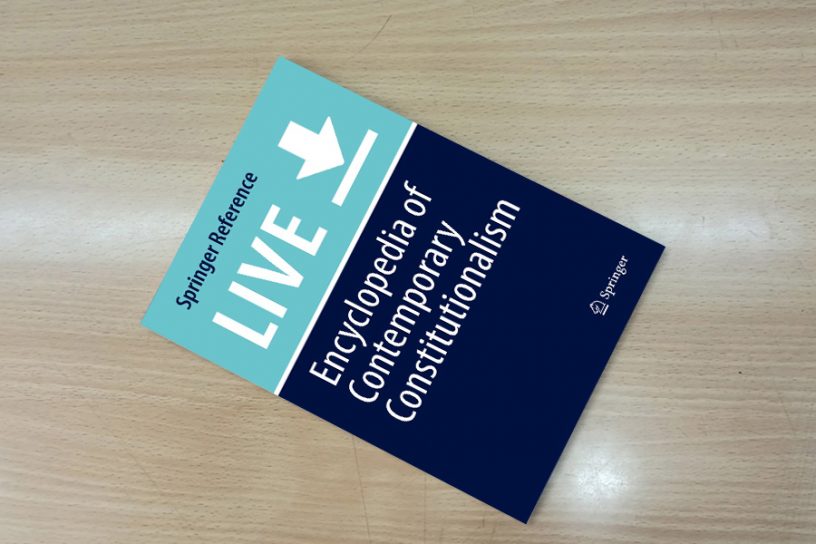
Legal and constitutional pluralism can reinforce a thick, non-instrumental reading of the rule of law, which emphasizes the role of a wider set of actors in shaping the political order at both national and global levels.
Author
Max Steuer, Assistant Professor, Jindal Global Law School, O.P. Jindal Global University, Sonipat, Haryana, India; Department of Political Science, Comenius University in Bratislava, Bratislava, Slovakia.
Summary
Scholarly discourse on the rule of law has become more open toward interdisciplinary endeavors, making the rule of law an ever more ubiquitous point of reference. In the European Union, the rule of law is becoming the most frequently publicly discussed “EU value” from among those listed in the EU Treaties, surpassing even democracy and human rights. Why is the rule of law of such an interest? This contribution argues that the rule of law as a concept, more than democracy or human rights, can be a source of authority for the actors utilizing its language, because it offers a cloak of legitimacy that requires neither popular nor further institutional authorization.
This explains the weaponization of the concept by illiberal and authoritarian leaders globally. Furthermore, this development has been (not necessarily intentionally) assisted by the scholarly embrace of thin conceptions of the rule of law, which dissociate key substantive principles such as the system’s performance in protecting rights and the active role of independent institutions, from merely upholding the “laws in books” in place. The entry continues with a discussion on another key challenge for the rule of law: that of legal and constitutional pluralism.
The existence of multiple overlapping meanings and interpretations of law within the same constituency is often seen as questioning the commitment of the system to rules and standards binding equally to everyone, thus encouraging double standards and unjustified inequalities between the actors in the system.
However, legal and constitutional pluralism can instead reinforce a thick, non-instrumental reading of the rule of law, which emphasizes the role of a wider set of actors in shaping the political order at both national and global levels.
Published in: Cremades, J., Hermida, C. (eds) Encyclopedia of Contemporary Constitutionalism. Springer, Cham.
To read the full book chapter, please click here.


